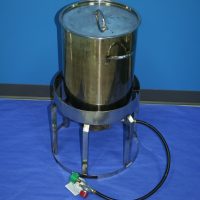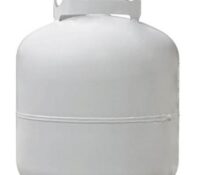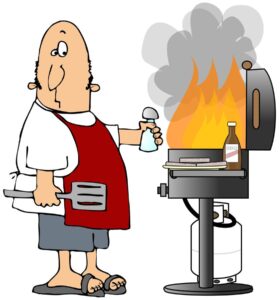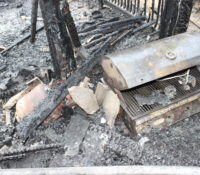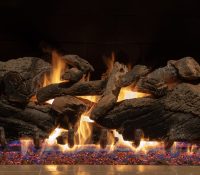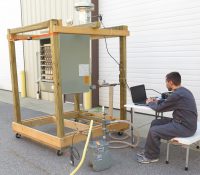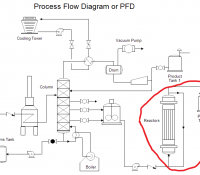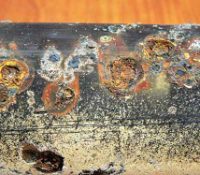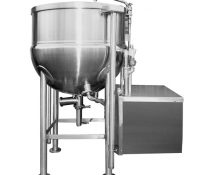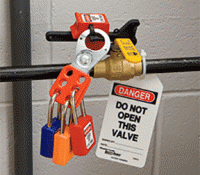Pre-Season Tune-Up for a Gas Grill
Statistics predict that about half grill owners will be firing them up this upcoming Memorial Day weekend [i]. Let’s look over a propane grill, as if we had just pulled it out for the grilling season, for some tips and red flags. Not beef tips or how to get the perfect sear on your steak – safety tips! Besides hot surfaces, a gas grill serves up hazards related to flammable gases: fires, explosions, and flash fires. Read More


